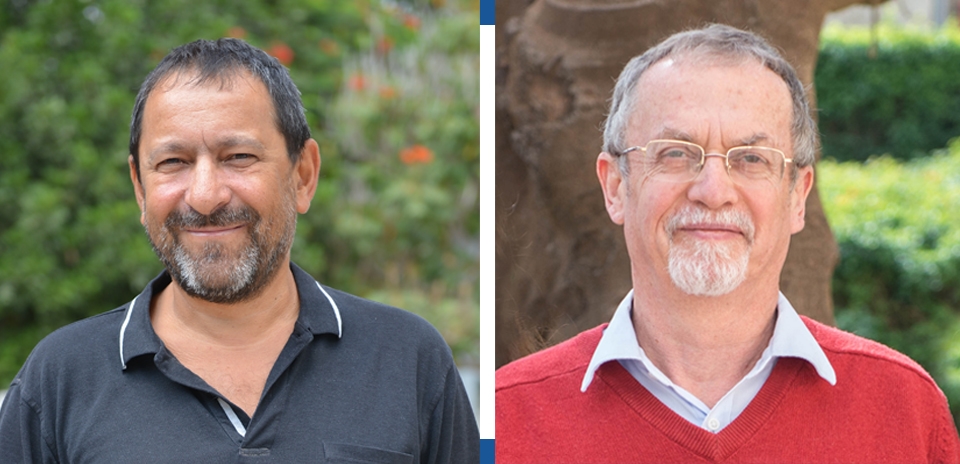עיתונאיות ועיתונאים, הירשמו כאן להודעות לעיתונות שלנו
הירשמו לניוזלטר החודשי שלנו:
One of the directions biomedical firms are pursuing for curing hereditary diseases is gene therapy – using harmless viruses to insert healthy genes into a patient’s cells to replace faulty or missing ones. The French firm Lysogene specializes in developing virus-based gene therapy for rare hereditary diseases of the central nervous system. The company recently announced to its investors that it signed an agreement with Yeda Research and Development Co., Ltd, the technology transfer arm of the Weizmann Institute of Science. Specifically, the company intends to enter into collaborative research with the lab of Prof. Tony Futerman of the Institute’s Biomolecular Sciences Department.
Futerman specializes in research on Gaucher disease, a rare genetic disorder that is more commonly found among Ashkenazi Jews. The disease arises from a mutation on the GBA1 gene, which disrupts the breakdown of fat in certain cells so that it accumulates and interferes with the cells’ function. In very rare cases, it can even delay brain development (Gaucher types 2 and 3). In recent years, Futerman has been investigating the connection between the Gaucher gene mutation and Parkinson’s disease.
According to the agreement, Lysogene will provide the viral delivery and production, Futerman will provide genes for enzymes to replace the missing ones in Gaucher, as well as conducting initial research into any methods they develop through the collaboration. Lysogene has an exclusive option to license the program.

What makes a company a success story? Is it the scientific breakthroughs behind its product, the innovative applications, or the promising business model? Or is it a combination of all three? This year, the scientific journal Nature and the pharmaceutical firm Merck KGaA organized a new competition called the Spinoff Prize, and the judges selected Liposphere as “one to watch.” The competition involves startups that have been established in the past three years, and which are based on findings in academic and research institutes.
From the 150 entries, the competition judges chose 44 finalists for the four categories – drugs, agriculture, chemicals and digital technology. The entries were judged for their quality of science and their business model. Liposphere, a biomedical startup in Israel, was established in 2019 on the basis of Weizmann Institute of Science discoveries. The company is conducting research and development on biological lubricants that have been investigated over the past two decades in the lab of Prof. Jacob Klein, of the Institute’s Materials and Interfaces Department. Based on Klein’s discoveries, Liposphere is developing water-soluble lubricants for a variety of medical conditions – from osteoarthritis to dry eyes.
First place in the competition went to Sibel Health, a company based on research in Feinberg Medical School at Northwestern University in Chicago, which developed a wireless heart and blood pressure monitor for preemies.
Prof. Anthony Futerman's research is supported by the Rolf Wiklund and Alice Wiklund Parkinson’s Disease Research Fund; the Consolidated Anti-Aging Foundation; and the estate of Emile Mimran. Prof. Futerman is the incumbent of the Joseph Meyerhoff Professorial Chair of Biochemistry.
Prof. Jacob Klein's research is supported by the Edmond de Rothschild Foundations; Sonia T. Marschak; the Harold Perlman Family; the Charles W. McCutchen Foundation; and the European Research Council. Prof. Klein is the incumbent of the Hermann Mark Professorial Chair of Polymer Physics.